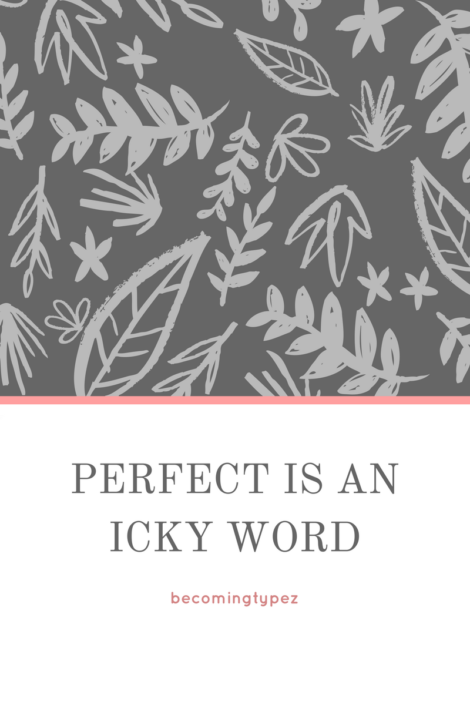Words. I love, love, love words. So much that I chose to major in English. Words are magical. They can convey so many different ideas, themes, and emotions. Words when strung together artfully can become best sellers or classics. They can become monologues and pithy dialogue. Words can motivate, inspire and sum up a feeling beautifully. Words put together just right…well, there’s nothing better.
But words used capriciously? We all do this sometimes. Speak without thinking. Blurt something out. It’s part of being human.
Lately, though, I’ve been trying to listen to myself. I have the privilege of working with small children every day. I speak for a living! Words are my tools. And I must use them responsibly.
Responsibly? I know that term will sound dramatic to some, but I think it’s the best word in this this moment. Words are so powerful. They can deflate, convey unworthiness, and do some serious damage. Simply put, words used thoughtlessly can leave a mark.
I don’t know a single adult who cannot recount a time they were made to feel “less than” by someone’s flippant remarks or condemning label. While doing press for her book Lean In, Sheryl Sandberg spoke of the negative feelings that accompanied being labeled “bossy.” I listened with interest while she passionately argued against the use of it. Eegads, I remember thinking. Is the use of the term “bossy” that detrimental to girls? Does it really hamper them in their pursuit of happiness and success? Plainly, yes. The term that stung her as a little girl, Sandberg found, has huge ramifications in shaping young girls’ self-esteem. Fully embracing the power of words, Sandberg started an on-line campaign, BAN BOSSY.com to educate and empower girls.
Hm. That got me thinking. Although my previously shy self was never ever labeled “bossy,” I began pondering other powerfully icky words. Words that had stopped me in my tracks, eroded my confidence, made me feel less-than. And it took brief moments to decide the queen mother of all icky words for me is “perfect.” Perfect which also seems innocuous, and sometimes even passes as a compliment, is another incredibly, powerful and I’d argue harmful word. Perfect is unattainable. Perfect does not honor the struggle that is so necessary in the learning process. Perfect is stress inducing, magnifying mistakes into big-deal character flaws. Perfect is a word that offers far too little benefit for me to use-with my children or the students in my classroom.
Words matter and our children are listening to what we’re saying. In the words of educator Haim Ginott, “Children are like wet cement. Whatever falls on them makes an impression.” Instead of assigning a judgment, I choose not to use “the p word.” Why would I when there are so many other fantastic, amazing, wonderful uplifting words?
©Kathie Z.
